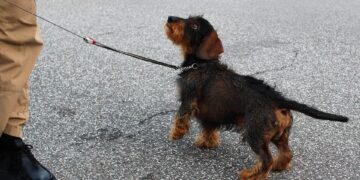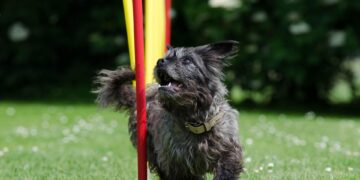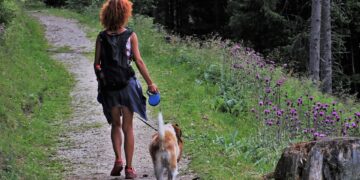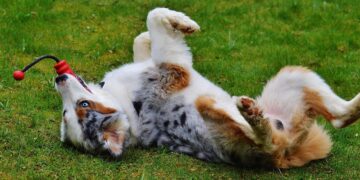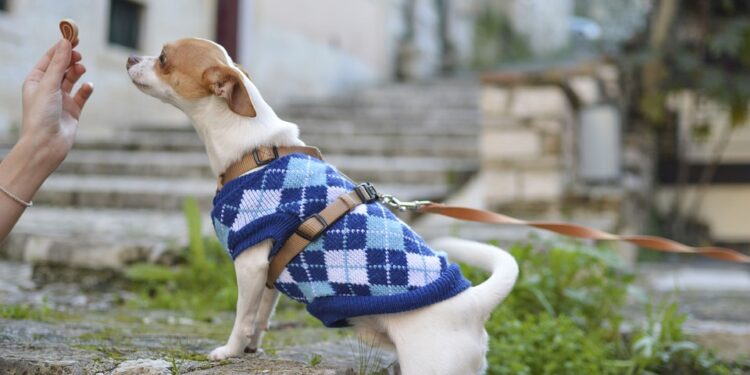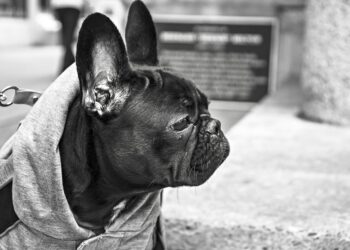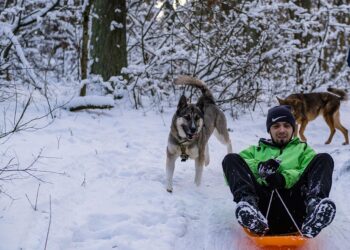Unleashing the Power of the Little Beast: A Guide to Training and Loving Your Small Dog
Small dogs may be tiny in size, but they are mighty in personality. These pint-sized pups often have big attitudes and lots of energy, making them a joy to have around. However, training and loving a small dog can sometimes present unique challenges. In this guide, we will explore how to unleash the power of your little beast through effective training techniques and tips for showing them love and affection.
Understanding Your Small Dog
Before diving into training your small dog, it’s essential to understand their unique characteristics and needs. Small dogs often have a lot of energy and can be prone to separation anxiety. They may also be more sensitive to changes in their environment and may require extra attention and reassurance. By understanding your small dog’s personality and behavior, you can tailor your training approach to suit their individual needs.
Training Techniques for Small Dogs
Training a small dog can be a fun and rewarding experience, but it requires patience and consistency. Here are some tips for effectively training your little beast:
Positive Reinforcement
Small dogs respond well to positive reinforcement, such as treats, praise, and toys. When your dog exhibits the desired behavior, reward them immediately to reinforce the good behavior. This will help your dog understand what is expected of them and encourage them to repeat the behavior in the future.
Consistency
Consistency is key when training a small dog. Establish clear rules and boundaries and stick to them consistently. This will help your dog understand what is expected of them and reduce confusion and frustration. Consistent training will also help build a strong bond between you and your dog.
Patience
Training a small dog takes time and patience. Remember that your dog is learning new behaviors and may need time to understand and master them. Be patient and supportive, and avoid getting frustrated if progress is slow. With patience and persistence, your small dog will eventually learn and grow.
Loving Your Small Dog
Showing love and affection to your small dog is just as important as training them. Here are some tips for expressing your love and building a strong bond with your furry friend:
Quality Time
Spend quality time with your small dog to strengthen your bond and show them how much you care. Play games, go for walks, and cuddle together to create lasting memories and build a strong connection. Your dog will appreciate the attention and love you give them.
Physical Affection
Small dogs love physical affection, such as petting, cuddling, and belly rubs. Show your dog how much you love them by giving them plenty of hugs and kisses. Physical affection can help reduce stress and anxiety in your dog and strengthen your bond.
Positive Reinforcement
Just as in training, positive reinforcement can be a powerful tool for showing love to your small dog. Reward your dog with treats, toys, and praise when they exhibit good behavior or respond to your commands. This will help your dog feel loved and appreciated and encourage them to continue to be well-behaved.
Common Questions About Small Dog Training and Care
Here are some common questions about training and caring for small dogs, along with helpful answers:
What are the best training methods for small dogs?
The best training methods for small dogs typically involve positive reinforcement, consistency, and patience. Rewarding good behavior, setting clear boundaries, and being patient with your dog are key components of effective training.
How can I help my small dog overcome separation anxiety?
To help your small dog overcome separation anxiety, gradually acclimate them to being alone by leaving them for short periods of time and gradually increasing the duration. Providing comfort items, such as a favorite toy or blanket, can also help alleviate anxiety.
What are some common health concerns for small dogs?
Common health concerns for small dogs include dental issues, obesity, and respiratory problems. Regular veterinary check-ups, a balanced diet, and plenty of exercise can help prevent these health issues and keep your small dog happy and healthy.
Conclusion
Training and loving your small dog can be a rewarding experience that strengthens your bond and creates a lasting connection. By understanding your dog’s unique needs and personality, using positive reinforcement techniques, and showing them love and affection, you can unleash the power of your little beast and enjoy a happy and fulfilling relationship with your furry friend.
Remember to be patient, consistent, and loving in your approach to training and caring for your small dog, and you will be rewarded with a loyal and well-behaved companion for years to come.






